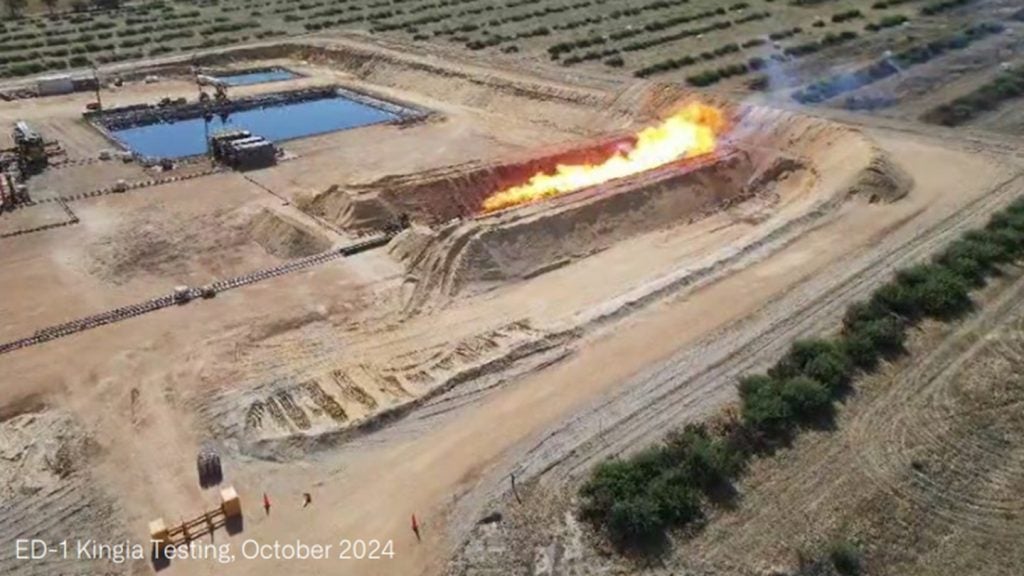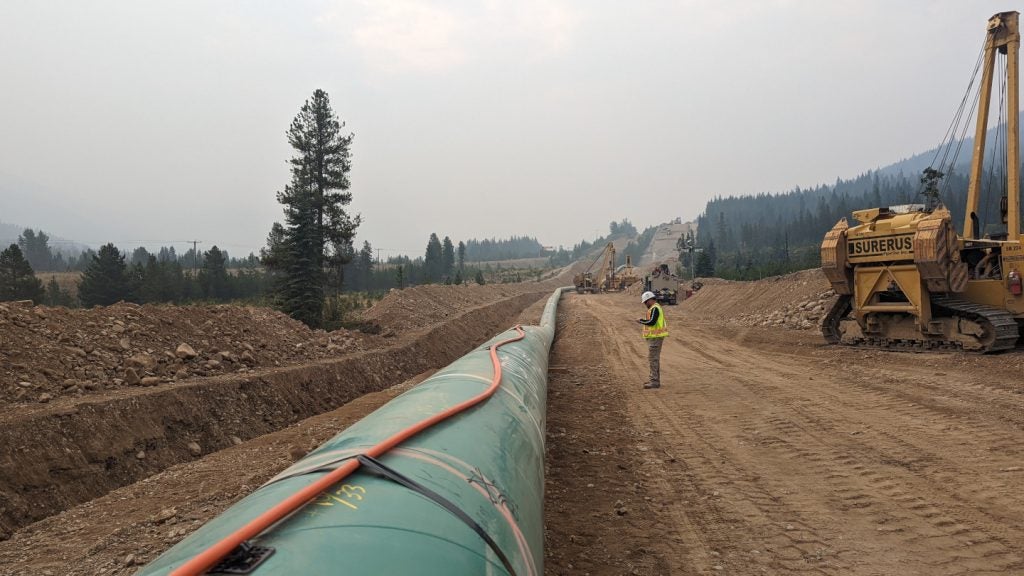
The Organisation of Petroleum Exporting Countries (OPEC+) has banned several prominent news outlets from attending its meetings this weekend in Vienna, Austria.
Reuters, Bloomberg News and The Wall Street Journal have all been denied admission to the talks.
OPEC+ meetings are typically well-reported events capable of influencing changes in oil prices and financial markets. Other news outlets have received invitations, including The Financial Times and trade-specific publications.
According to sources who notified The Financial Times of the ban, the group has not given a reason but they speculate that Saudi Arabia’s difficulties supporting oil prices may have influenced the decision.
Speaking at the Qatar Economic Forum last week, Saudi Arabia’s Energy Minister Prince Abdulaziz told market speculators to “watch out”, expressing frustration towards those who seek to profit off the decisions of the OPEC+. Prince Abdulaziz leads the OPEC and the wider OPEC+ group.
The OPEC+ is due to meet with its ally Russia on Sunday, with the group expected to agree on oil production policy for the second half of the year.
How well do you really know your competitors?
Access the most comprehensive Company Profiles on the market, powered by GlobalData. Save hours of research. Gain competitive edge.

Thank you!
Your download email will arrive shortly
Not ready to buy yet? Download a free sample
We are confident about the unique quality of our Company Profiles. However, we want you to make the most beneficial decision for your business, so we offer a free sample that you can download by submitting the below form
By GlobalDataSince October 2022, the group has cut output by two million barrels per day (mbpd) to cope with reduced demand. In April, the group shocked the market by announcing production cuts of 1.16 million barrels per day on top of those already announced.
Reporters are still expected to attend the event, hoping to interview ministers on the sidelines of the meetings.
The International Energy Agency (IEA) predicts that oil supply will tighten in the second half of 2023 as demand from China increases as the country curbs its Zero Covid restrictions.
Adjusting production to meet demand
Many have speculated that Prince Abdulaziz’s comments prior to the meeting and reduced press involvement could suggest additional production cuts.
Analysts from Goldman Sachs predict that the OPEC+ will keep production at current levels this weekend. OPEC+ members have told Reuters that there is “no change [of production cuts] for the meeting but as usual, depending on the mood of some, everything can change”.
The OPEC+ predicts oil demand will reach 2.33mbpd this year as non-OPEC supplies grow by 1.4mbpd.
Former energy trader and senior research fellow at the Oxford Institute for Energy Studies Adi Imsirovic told The Financial Times that Prince Abdulaziz is “speaking without thinking through the consequences”.
Imsirovic commented: “If you make the market think you’re going to cut supply and you don’t, then prices will fall. But if Saudi Arabia cuts and Russia doesn’t then they will have to accept giving up more market share in Asia.”







